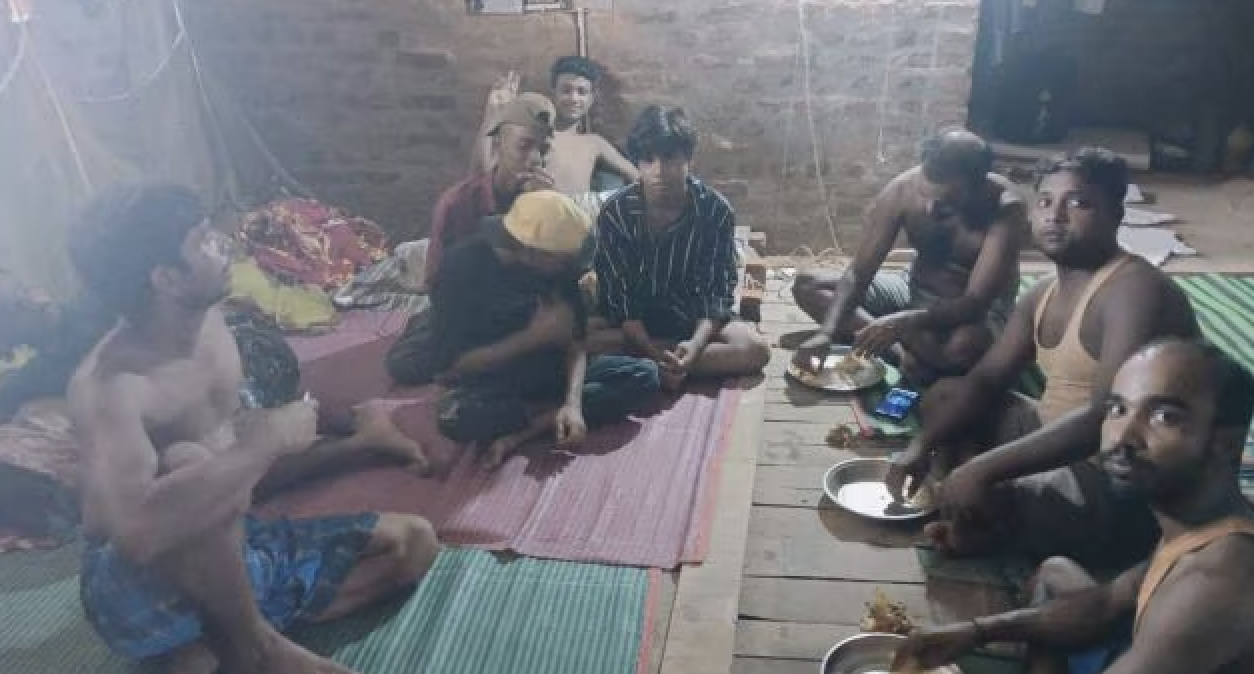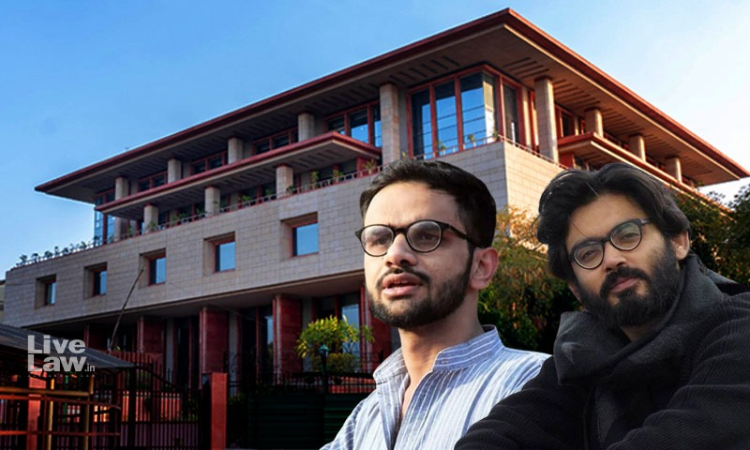
(Image: Kamran Akhter/The Quint)
By NIKHILA HENRY / The Quint
Karnataka’s anti-conversion ordinance, which was promulgated in May 2022, is currently up for a constitutional challenge in the state’s high court.
As per a writ petition filed by a collective of Christian missionaries, several provisions of Karnataka Right to Freedom of Religion Ordinance are violative of rights guaranteed under the Articles 14, 15, 19, 21, 25, and 30 of the Indian Constitution.
According to the writ, which was admitted on 22 July, the ordinance violates the right to equality before law, right to freedom of conscience and right to profess, propagate and practice one’s religion. It also strips the protection from discrimination on the basis of religion, race, caste, sex or place of birth, the writ has claimed.
According to the writ, the ordinance violates the right to protection of life and personal liberty. It violates the right to freedom of speech and expression, right to carry out a trade or business of one’s choice, and right of minorities to establish and administer educational institutions.
The writ was first filed in May by Evangelical Fellowship of India (EFI), even as Karnataka Chief Minister Basavaraj Bommai claimed at the World Economic Forum that the ordinance will not affect Karnataka’s growth. The writ was refiled with amendments in July.
Admitting the writ, the high court has asked for a response from the Karnataka government. In Karnataka, the Christian leaders have been opposing the anti-conversion law, arguing the ordinance is discriminatory.
Article 21 and 25: ‘Propagation of Religion Is Essential Religious Practice for Christianity’
As per the writ, under the guise of enforcing public order, the ordinance has “watered down” Article 25, which ensures the right to freedom of religion. Similar to the argument in the writ petitions that challenged the state’s ban on hijab in educational institutions, the anti-conversion writ has contended that propagation of religion is an “essential religious practice for Christianity.”
While the ordinance has provisions to monitor proselytisation using revenue and police departments in each district in the state, the writ also contends that the right to profess one’s religion is an extension of the right to freedom of conscience.
This story was originally published in thequint.com . Read the full story here






